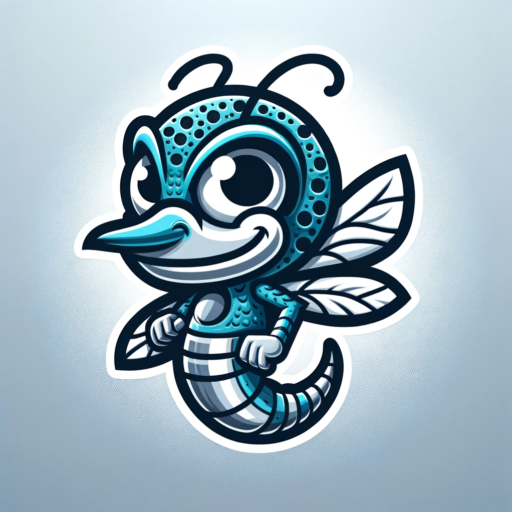Introduction:
Dengue fever, a mosquito-borne viral infection caused by the dengue virus (DENV), poses a significant global health threat. With an estimated 390 million infections annually, dengue fever is prevalent in tropical and subtropical regions, causing substantial morbidity and mortality. Despite the disease’s prevalence, no specific antiviral treatment exists, and current therapeutic strategies focus on supportive care and symptom management. This article reviews the current landscape of dengue fever therapeutics, including existing and emerging treatment modalities, and explores potential future avenues for research and development.
Current Therapeutic Options:
Supportive Care:
The mainstay of dengue fever management involves supportive care, which includes:
- Fluid replacement: Intravenous fluid resuscitation is crucial for managing plasma leakage and preventing hypovolemic shock in severe cases.
- Antipyretics: Medications like paracetamol (acetaminophen) are used to reduce fever.
- Analgesics: Nonsteroidal anti-inflammatory drugs (NSAIDs) like ibuprofen can help relieve pain and inflammation.
- Blood transfusions: In cases of severe bleeding, platelet transfusions and blood transfusions may be necessary.
Antiviral Therapies:
Ribavirin: A broad-spectrum antiviral agent, ribavirin, has shown some promise in treating dengue fever, but its use is limited due to side effects and uncertain efficacy.
Favipiravir: Favipiravir, another broad-spectrum antiviral, has demonstrated potential in clinical trials for dengue fever treatment, with improved safety and tolerability compared to ribavirin.
Monoclonal Antibodies:
Several monoclonal antibodies targeting DENV are in various stages of development. These antibodies have the potential to neutralize the virus and prevent its entry into host cells, offering a promising therapeutic approach.
Other Investigational Therapies:
- Traditional and Herbal Medicines: Some traditional and herbal remedies have been used to treat dengue fever symptoms, but their efficacy and safety require further scientific validation.
- Host-Targeting Therapies: Novel approaches targeting host factors involved in the dengue fever pathogenesis, such as immune modulators and endothelial cell protectants, are being explored.
Challenges and Future Directions:
Despite the progress made in developing dengue fever therapeutics, several challenges remain:
- Limited Therapeutic Options: The lack of a specific and effective antiviral treatment for dengue fever necessitates further research and development.
- Viral Serotype Diversity: The four DENV serotypes complicate the development of a universal therapeutic approach, necessitating the development of pan-serotypic or serotype-specific therapies.
- Cost and Accessibility: Ensuring the affordability and accessibility of novel therapeutics in resource-limited settings is critical for effective disease management.
Conclusion:
While supportive care remains the mainstay of dengue fever management, promising advancements in antiviral therapies, monoclonal antibodies, and host-targeting approaches offer hope for improved treatment outcomes. Continued research and development, alongside efforts to address challenges like viral diversity and cost, are essential for mitigating the global impact of dengue fever.
